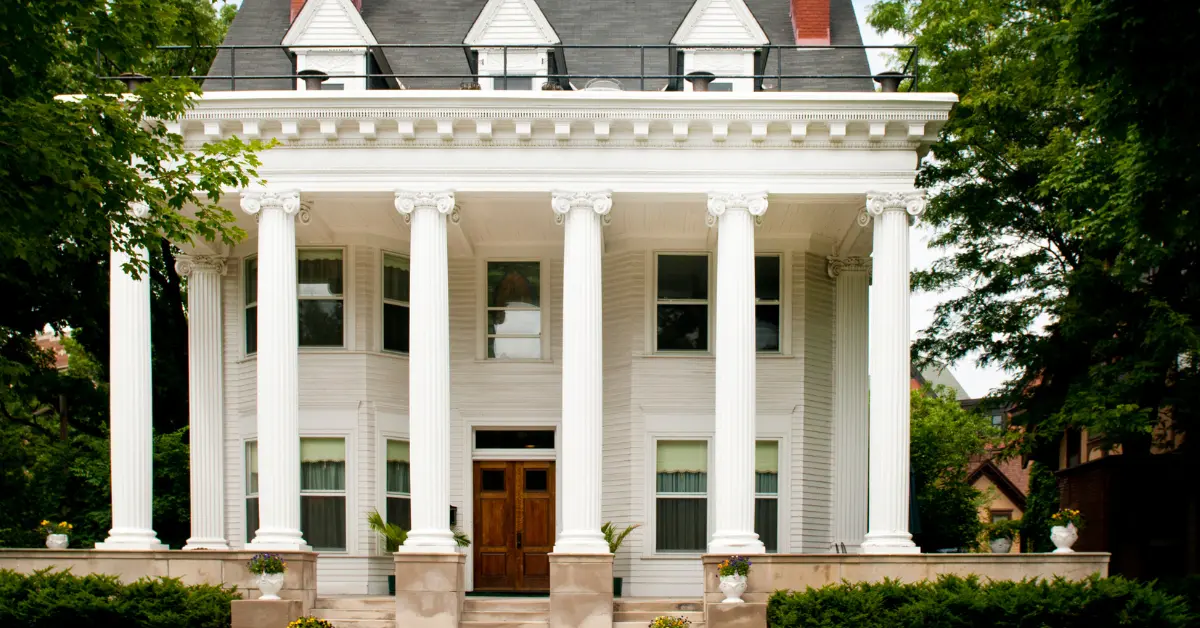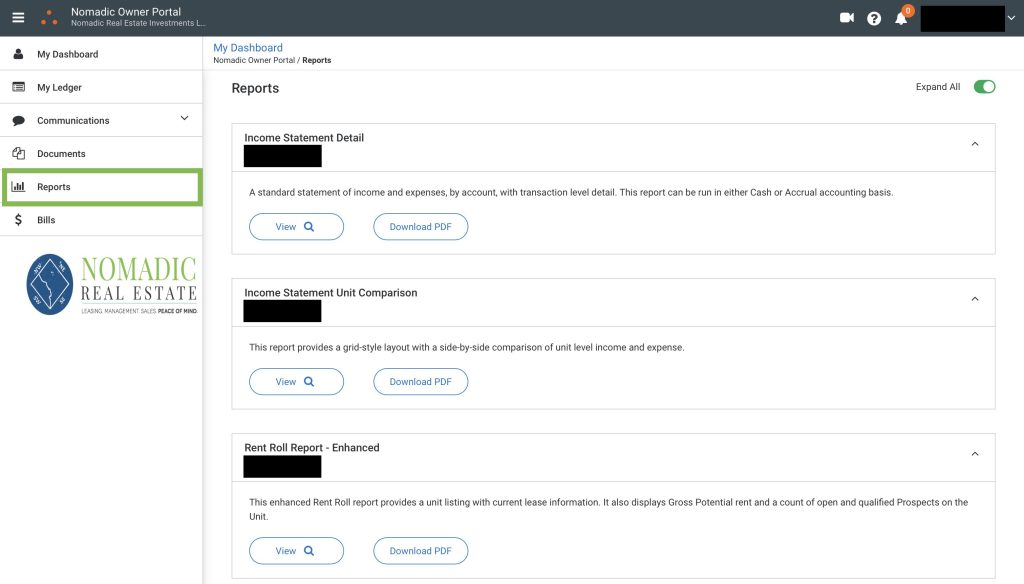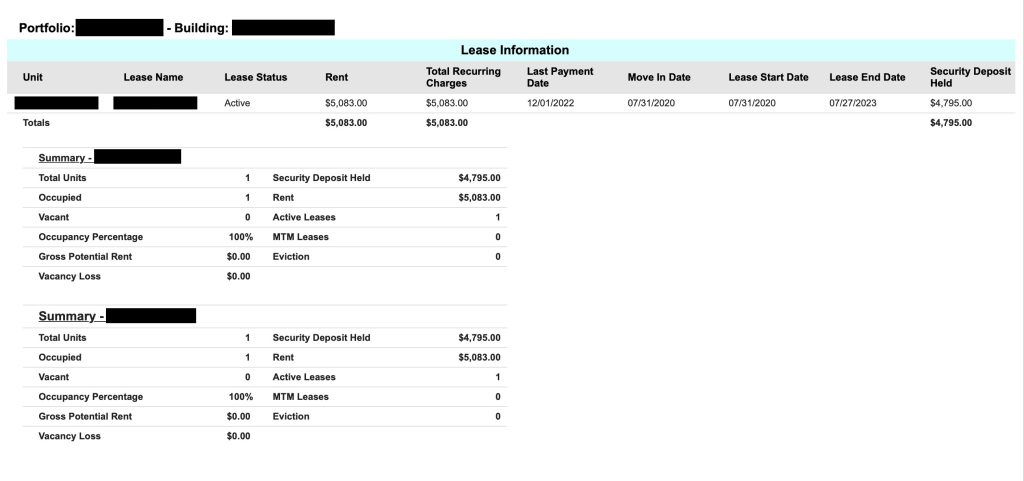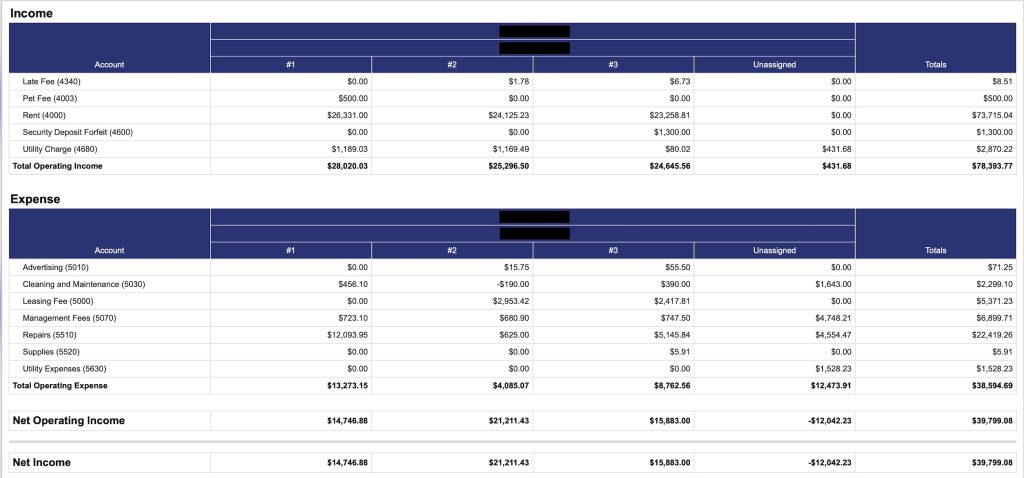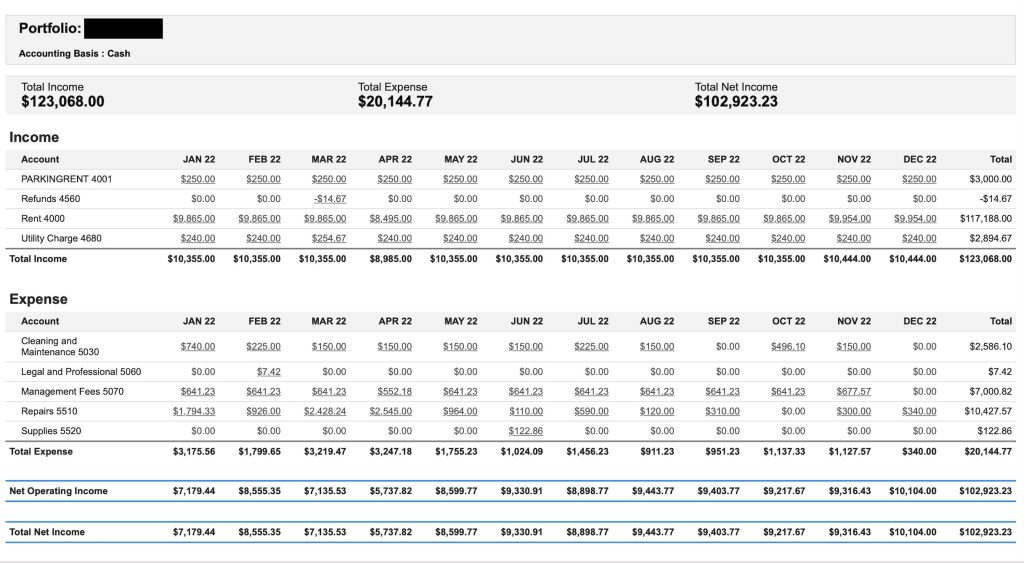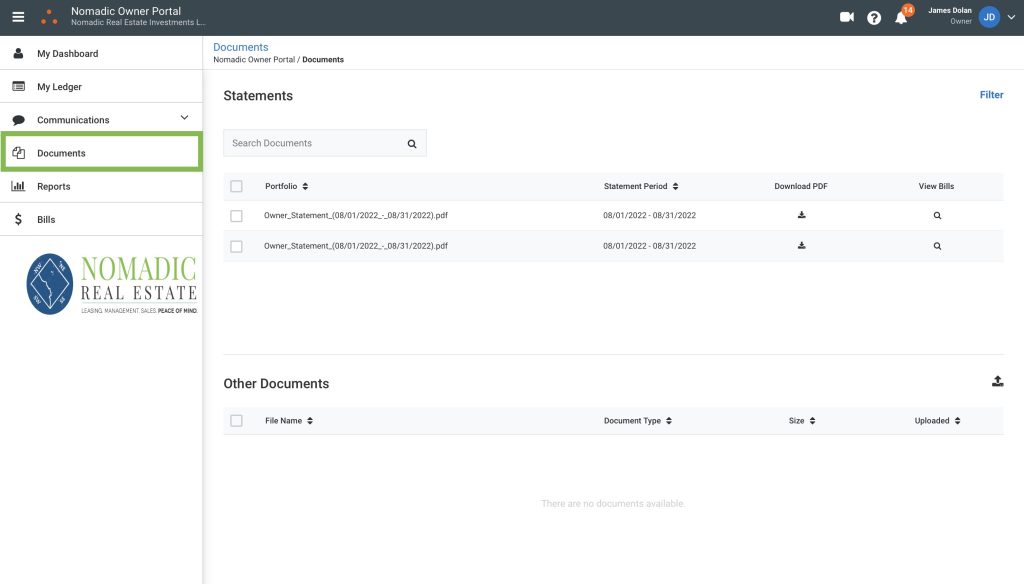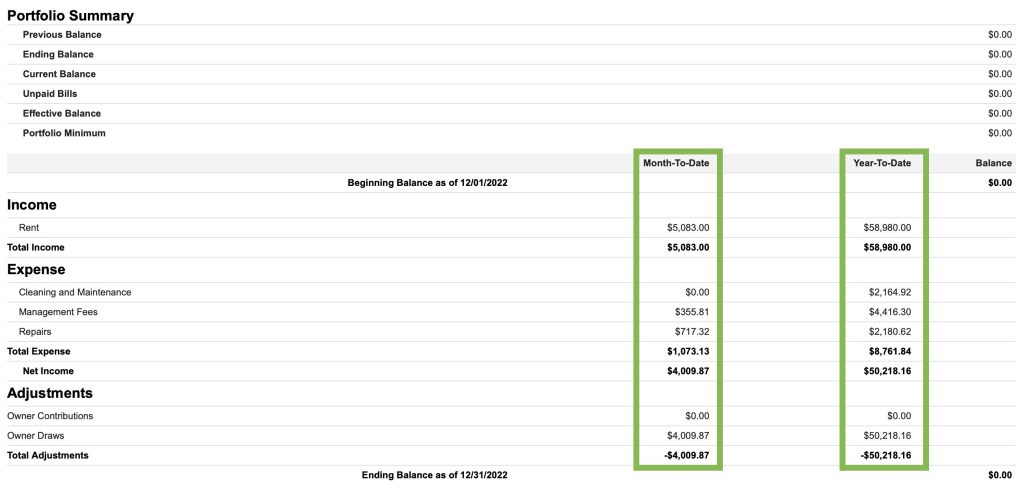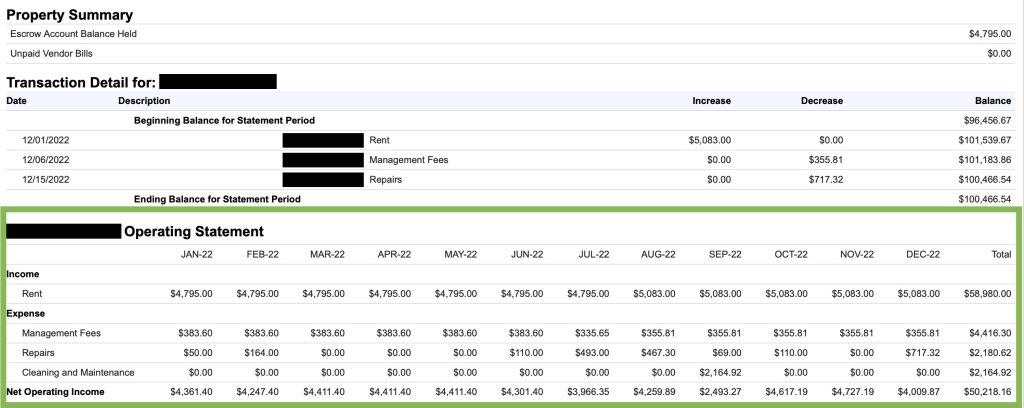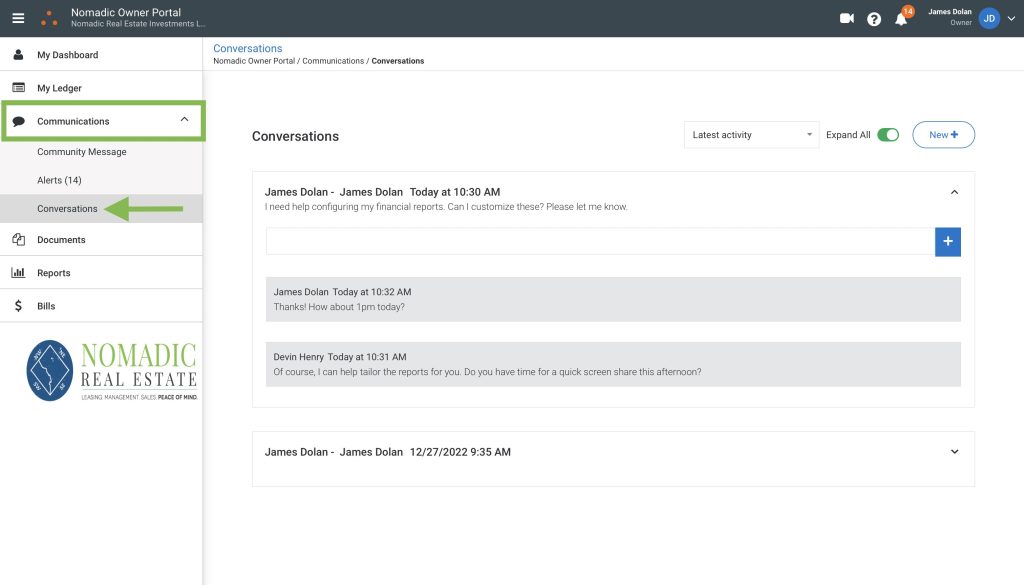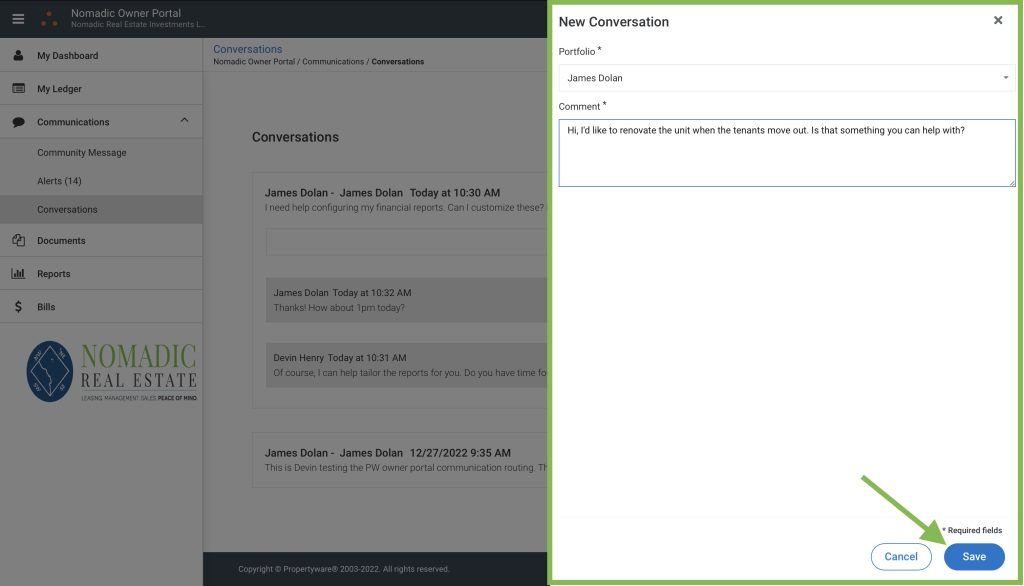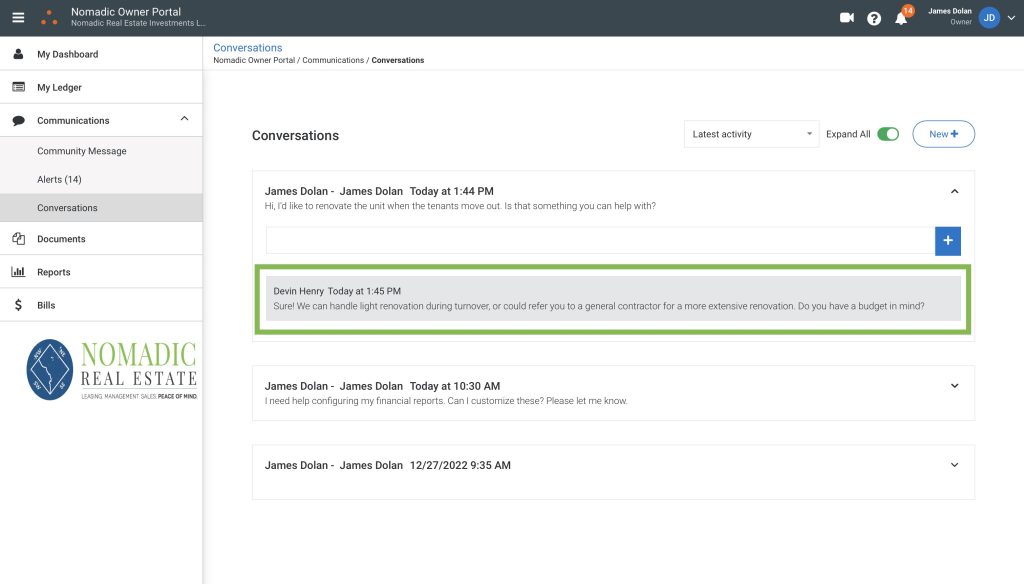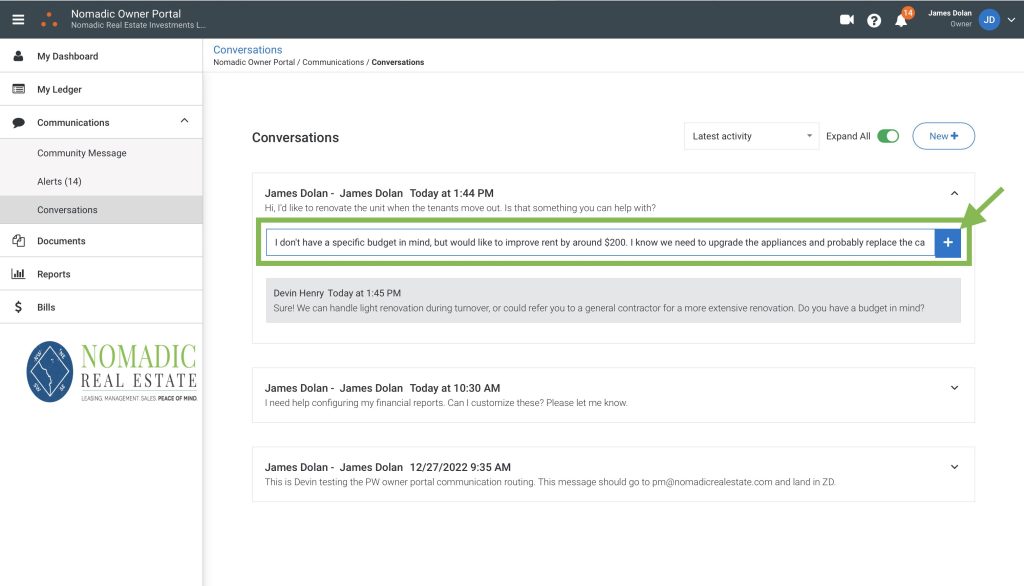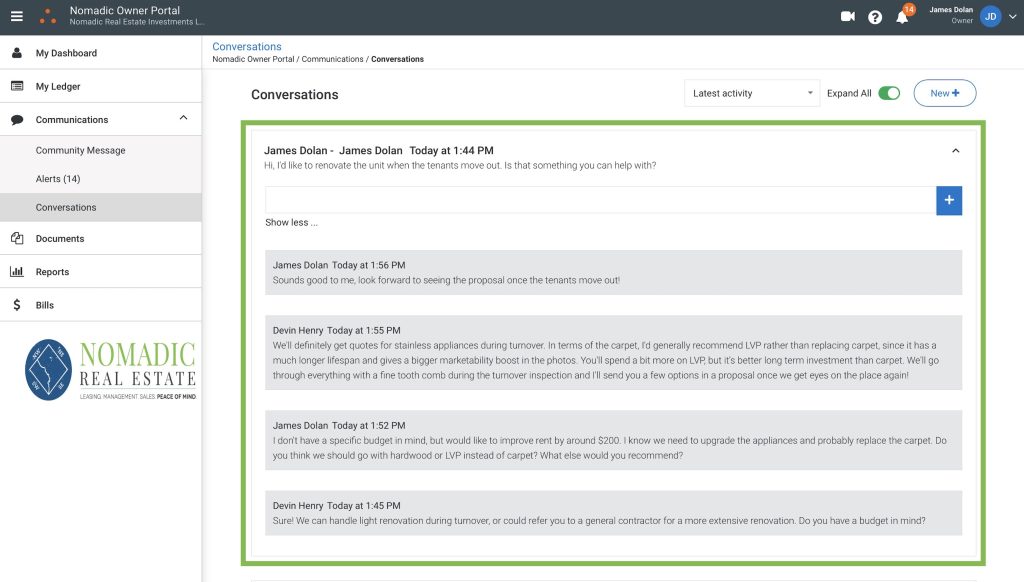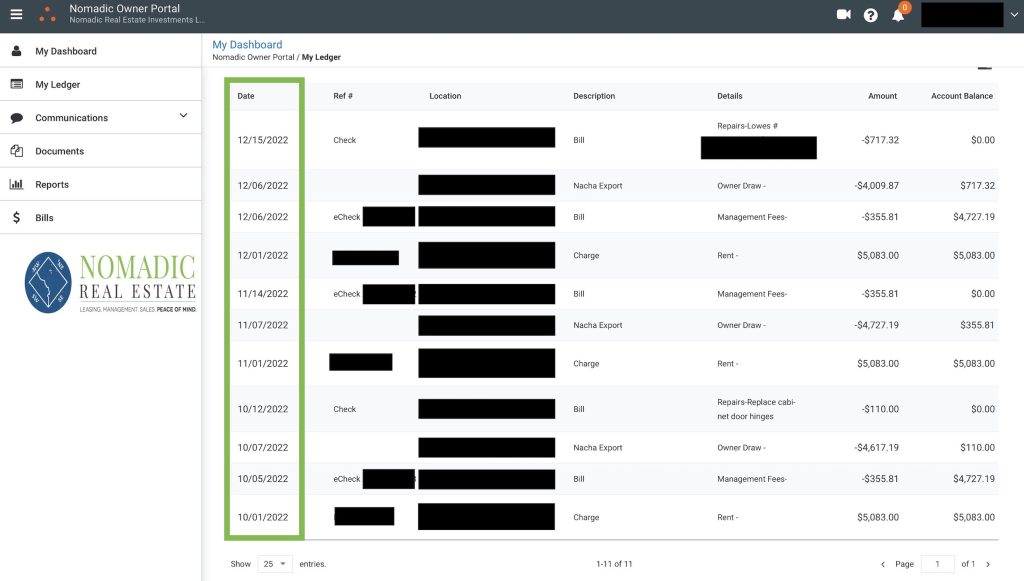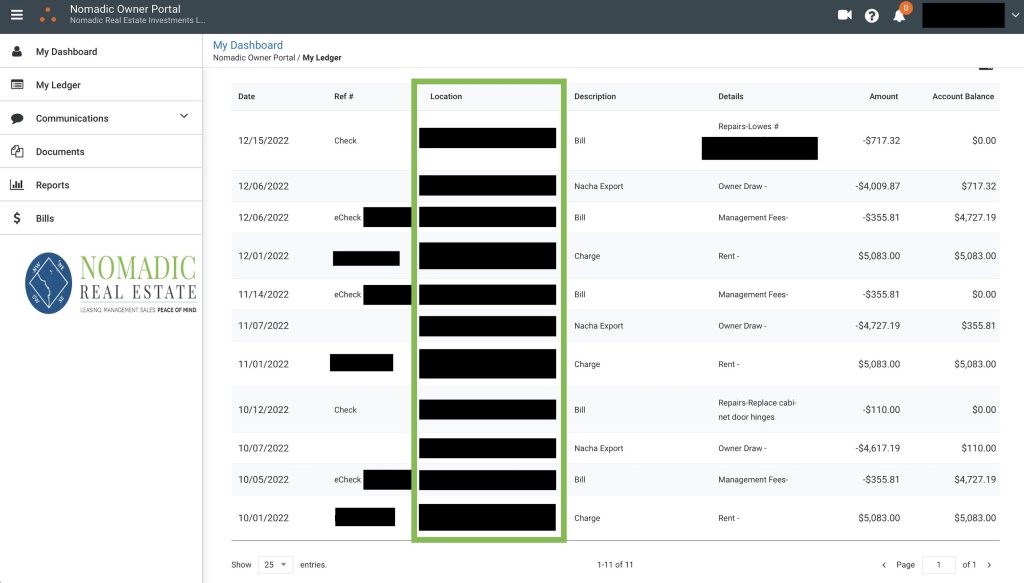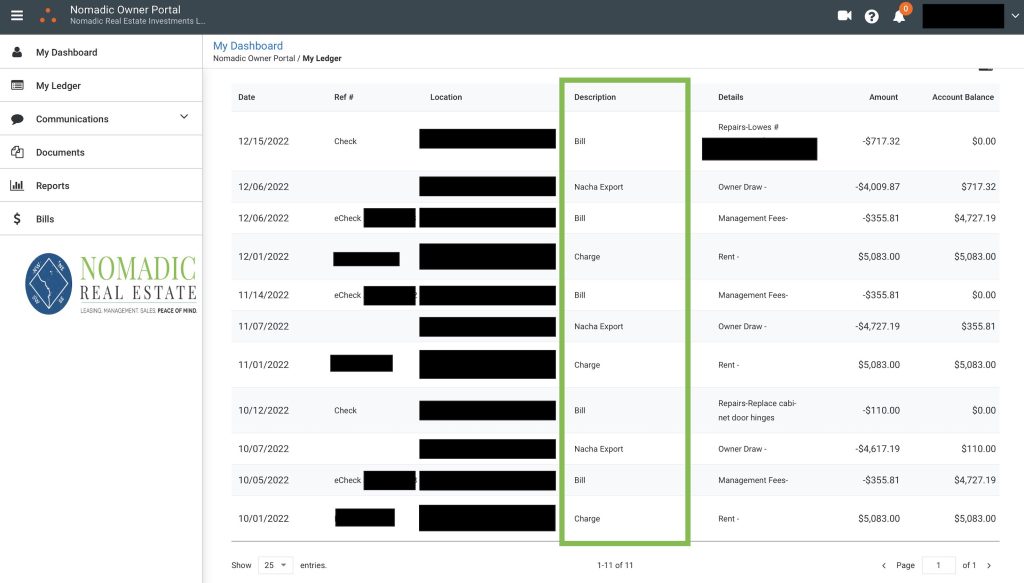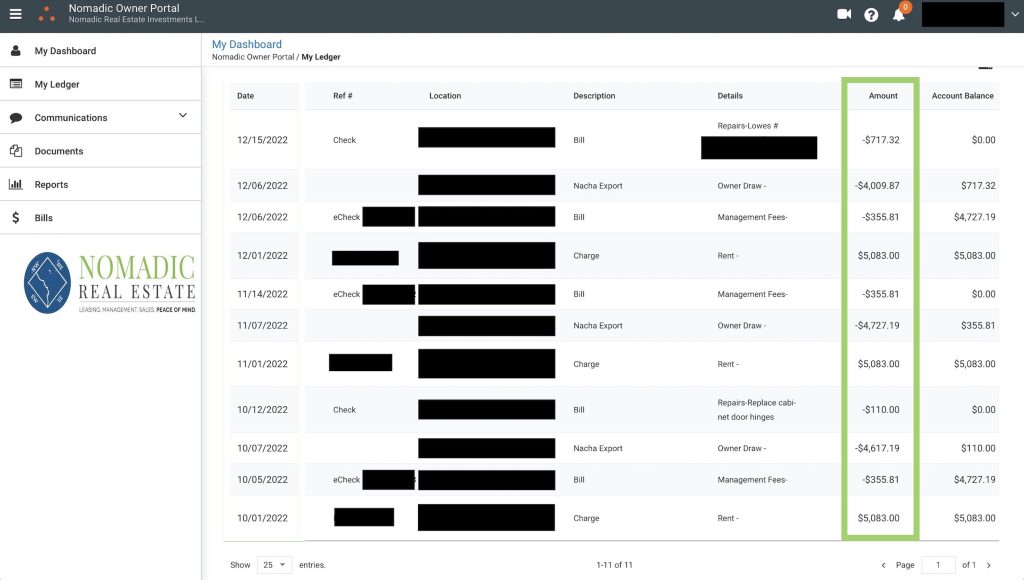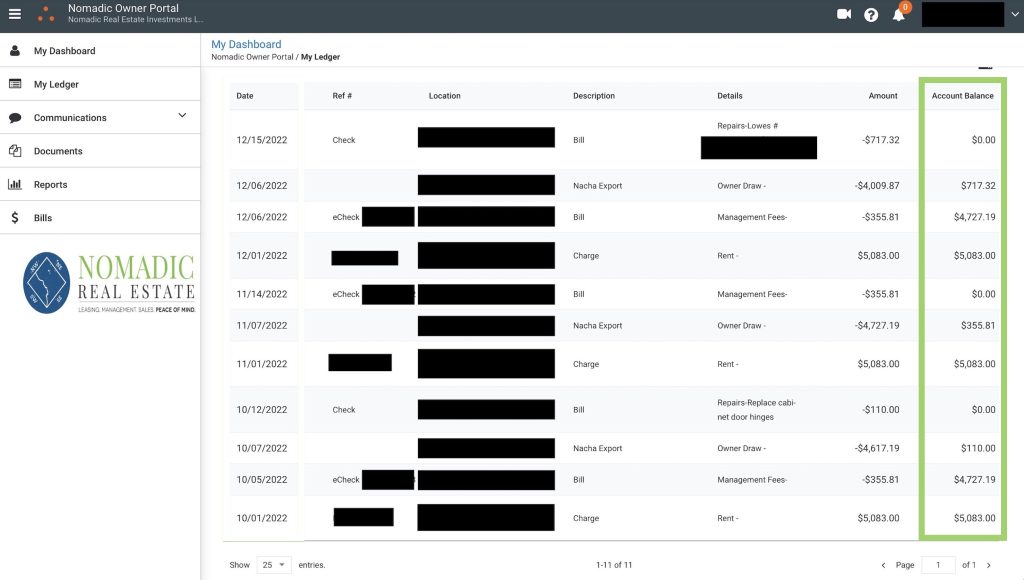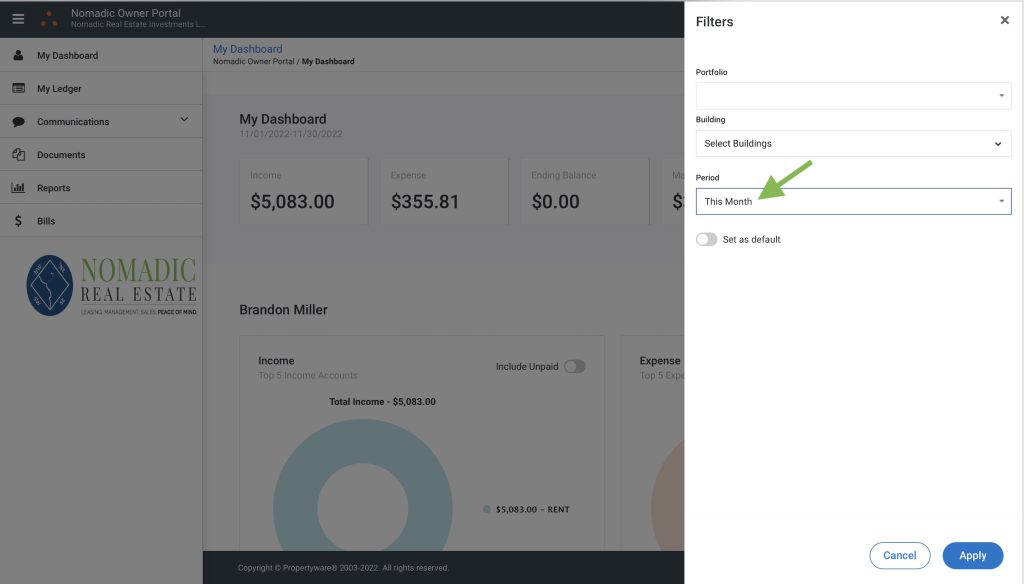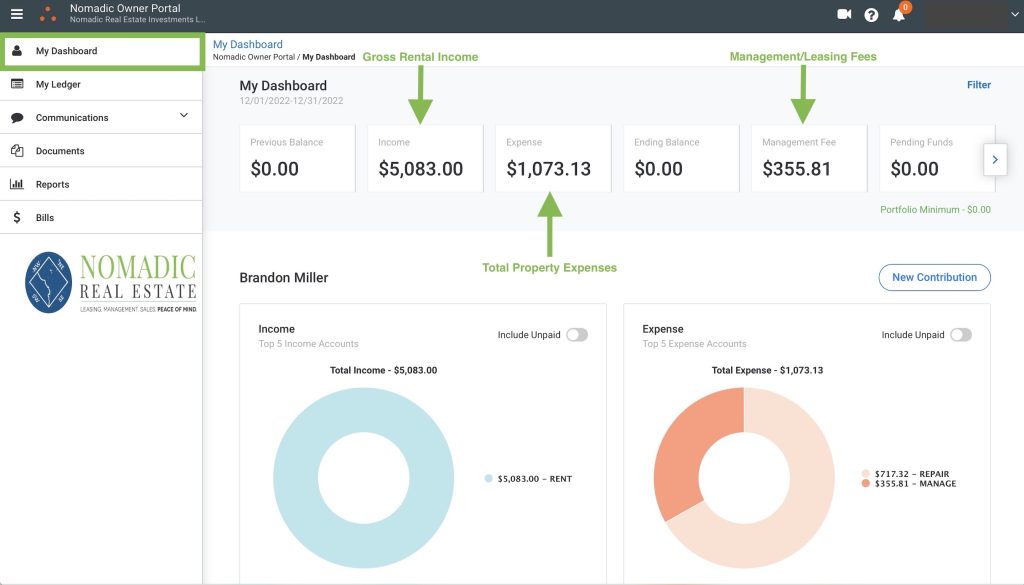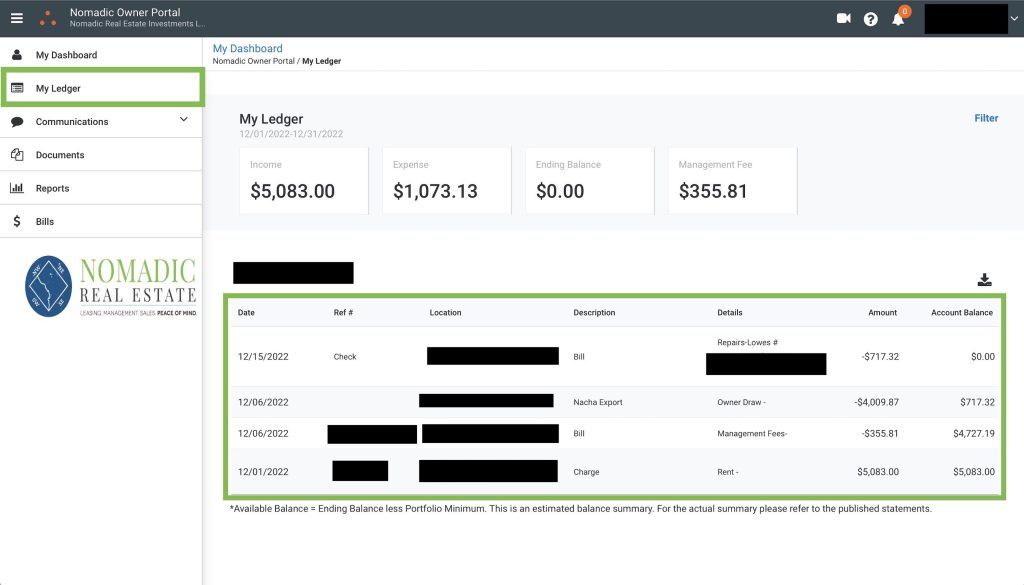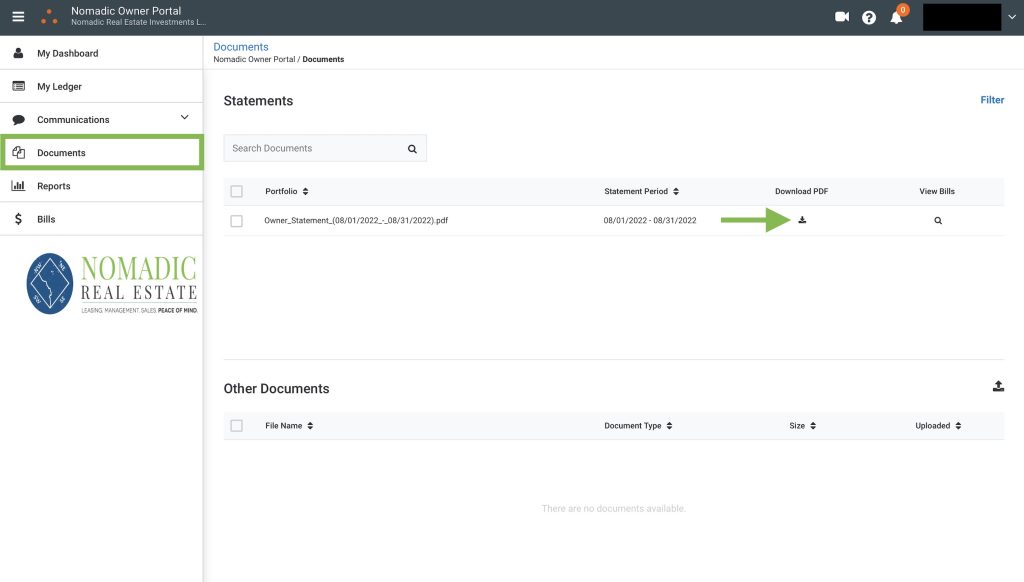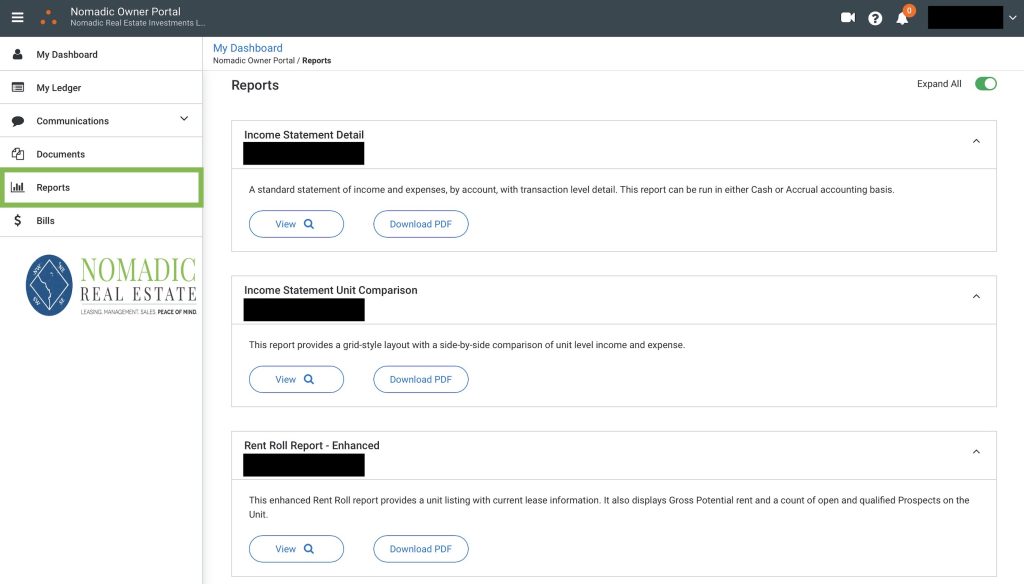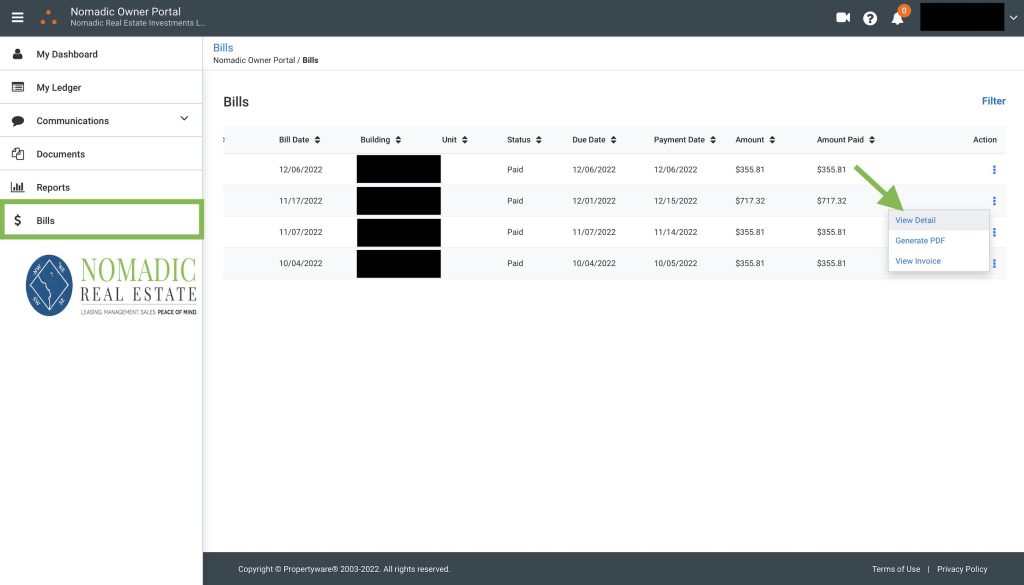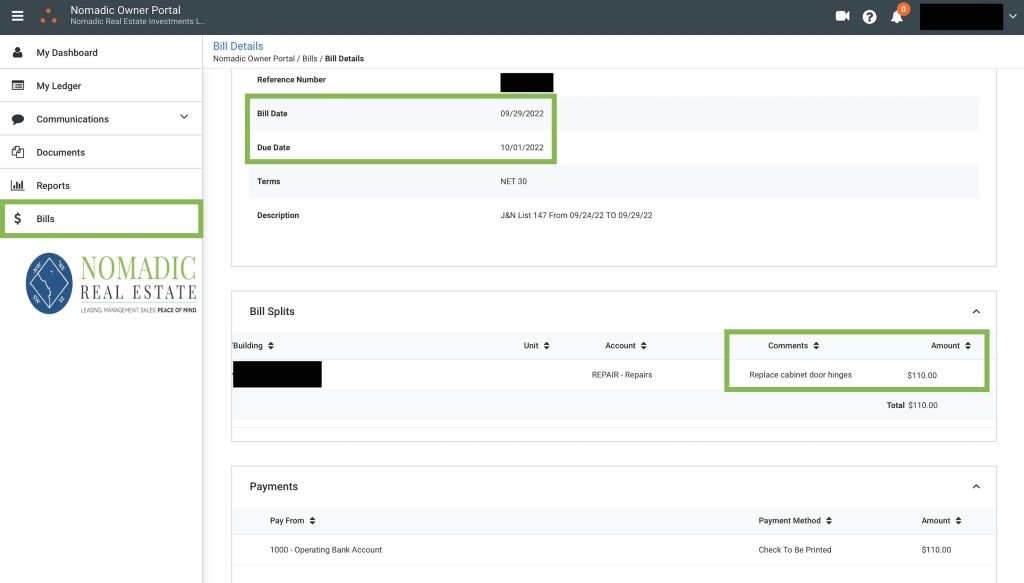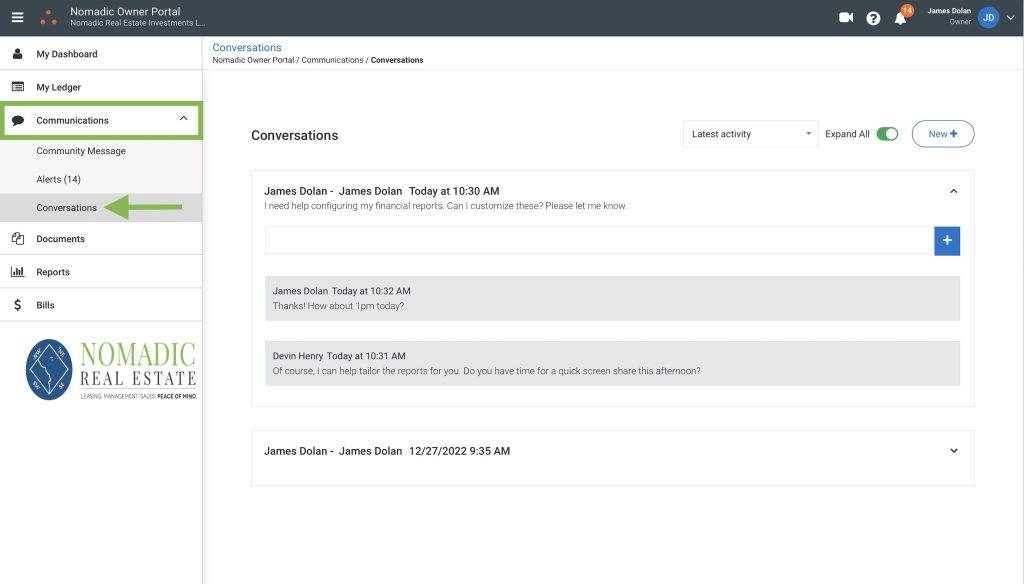Key takeaways:
- Why you should own a rental home in Washington, D.C.
- Six things to consider before purchasing a rental property
- Challenges you are likely to face while owning a rental home
A rental income real estate property could be a single-family, multifamily, or commercial lease property. A property owner can increase the property’s worth by holding on to it and enhancing, renting, and accumulating equity. Historically, long-term property values have increased, resulting in a very rewarding investment.
Investing in rental properties is an excellent way to begin if you are a real estate novice. It will help you build long-term wealth and position you for a financially secure future if you take the required steps and plan appropriately. Also, the unusual combination of capital appreciation, continual income flow, and considerable tax advantages make rental property ownership a formidable investment strategy.
However, owning a rental property necessitates substantial labor, especially if you opt not to engage a property management company. Dealing with and evicting tenants, late-night maintenance calls, and locating the ideal property are just a few of the obstacles that rental property investors confront frequently.
This article explores the things you should keep in mind before purchasing a home. But first, let’s explore why owning a rental home in Washington, D.C., is worth it.
Why You Should Own a Rental Home in Washington, D.C.
Washington, D.C., has a rich history. Wealthy, affluent families formerly owned most of the properties in in the region, many of whom had ties to local and federal politics. Even though most homes have undergone repairs and restorations, their historical relevance has not been compromised. The median price of a property in the Washington, D.C., metropolitan area has increased by a staggering 20% over the past decade, which makes the area good for investment. The market is dynamic because investors can choose from gorgeously refurbished homes or move-in ready new builds.
Six Things To Consider Before Purchasing a Rental Property
A rental home purchase can be a wise financial move, but being a landlord isn’t for everyone. Before purchasing a rental property, here are the things you should keep in mind.
1. Pay Off Your Debt
Taking on the financial load of a rental property may not be the greatest option if you already have a lot of debt to pay each month, including school or medical expenses. To proceed, it’s recommended that you have a financial safety net in place.
2. Make Sure You Have What It Takes To Be a Landlord
Take some time to ask yourself if you have what it takes to be a landlord. A challenging tenant may test your patience. Do you mind someone calling you at 2 a.m. to clear out a clogged toilet? Hiring a property manager could be an excellent option if you have the financial resources. Still, if you’ve done it before, you can always continue managing your property.
3. Secure a Down Payment
Getting a loan for a rental property is harder than a primary residence. To qualify, you’ll need to put down at least 20% of the value of your rental property. Therefore, make sure you have the amount saved to pay the down payment.
4. Choose Between Buying and Financing a Rental Home
Think about buying a rental property outright versus getting a mortgage. You can generate positive cash flow immediately if you pay cash for a rental property. Sadly, not everyone can afford to pay so much right away.
A better return can be possible with the help of a mortgage. With a 20% down payment and a low interest rate, the annual return on your investment could be higher than if you had purchased the home outright. It’s important to consider how much money is coming in each month and how much you’ll make back.
5. Consider the Condition of the Property
There’s nothing wrong with purchasing a property that needs some repairs, but you should be aware of the financial and time commitments involved. Ask yourself how many improvements you can handle on your own after a professional inspection is done and consider what would require hiring outside professionals. Inquire about costs before hiring a professional service for a large undertaking. If the costs seem unreasonable, consider purchasing another property.
6. Consider the Unexpected Costs
While increasing your wealth is the primary goal when investing in a rental property, you should have a reserve fund for maintenance and repairs. Do the math on what it would cost to replace the house’s essentials like the roof, HVAC system, and water heater. Save a large sum as a safety net. Always have that sum on hand in a checking or savings account. Alternatively, you could have someone you can always count on to help if you don’t have enough money for safety net.
Considering these items before moving forward will help you determine whether owning a rental property is the right path and set you up for the most success.
Challenges You Are Likely To Face Owning a Rental Home
Owning a rental home will not be a walk in the park. Here are a few challenges you are likely to face.
- Difficulty finding the right property
- Difficulty finding tenants
- Property damage
- Increased interest rates
- Rent collection and defaults
- Tenant lawsuits
If you are well prepared and ready to handle the unexpected, you will likely make good money owning rental property in retirement or even at a young age.
Get Help Managing Your Rental Property
It doesn’t hurt to ask for help from property managers whose only work is managing properties, even if you’re capable of doing it on your own. At Nomadic Real Estate, we can help you find the best properties in Washington, D.C., or manage your existing property.

